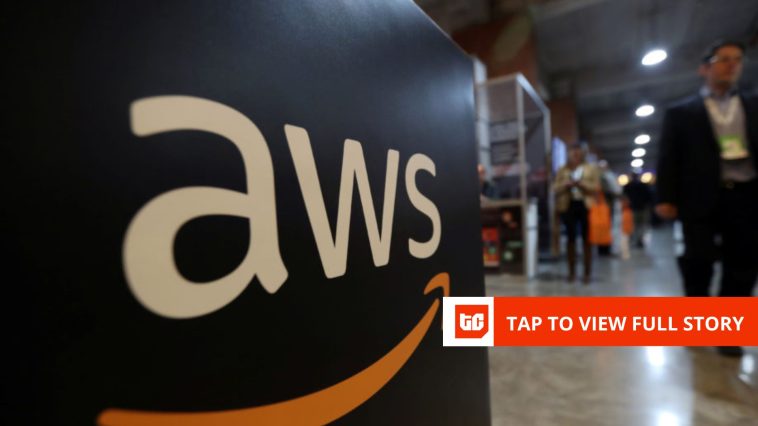Amazon Web Services (AWS), the global cloud leader powering many Nigerian startups and commercial banks, will now accept payments in Naira, alongside seven other local currencies for European customers. Since many Nigerian companies host their services in AWS’s European region due to geographical proximity, this move could significantly lower their cloud costs.
This move comes at a crucial time when homegrown cloud providers have been gaining ground by offering local pricing as an alternative to AWS and Azure.
In a statement on Monday, AWS explained that this shift will help customers avoid foreign exchange costs and payment friction. “With payments in their local currencies, customers can avoid foreign exchange costs associated with making foreign currency payments,” the company said. “This also removes payment friction for customers in countries where local regulations put limits on the foreign currency amount a customer can access.”
This shift is significant for Nigerian businesses, as the naira’s devaluation and macroeconomic pressures have caused cloud costs—often priced in US dollars—to more than double since 2023. By allowing payments in naira, AWS is offering Nigerian companies a smoother and more affordable option for cloud services, addressing one of the key pain points that have driven Nigerian businesses toward local cloud providers.
AWS’ move will shift the competitive landscape in Nigeria’s cloud services market. Homegrown cloud providers such as Nobus, Layer3, and Okra’s recently launched Nebula have spent much of 2024 positioning themselves as affordable, local alternatives to AWS and Microsoft’s Azure.
Many of these local players emphasized their competitive edge at a time when FX liquidity and volatility meant USD-denominated pricing could push costs up 2-3x in a week.
Some even held talks with government agencies at the state and federal level, positioning themselves as potential partners to reduce Nigeria’s reliance on USD-denominated services. The messaging was clear: patronizing local cloud providers is not just a cost-effective option but a way to support Nigeria’s economic resilience.
AWS’s decision to accept naira payments comes in response to the growing appeal of local cloud providers in Nigeria. In January 2023, AWS launched its AWS Local Zones facility in Lagos to reduce latency and improve performance for Nigerian businesses—often an important factor since many Nigerian companies host their services in AWS’s European region due to geographical proximity. By offering a new payment option alongside this infrastructure, AWS can solidify its foothold in the Nigerian market, especially as local providers continue to present an attractive, economically aligned alternative.
By lowering the barrier for Nigerian companies to pay for cloud services in their local currency, AWS has given itself an edge, but the growing local alternatives may still present a challenge. It’s not just about price anymore—it’s about local relevance and helping businesses navigate the complexities of Nigeria’s economic environment.
Get the best African tech newsletters in your inbox





GIPHY App Key not set. Please check settings